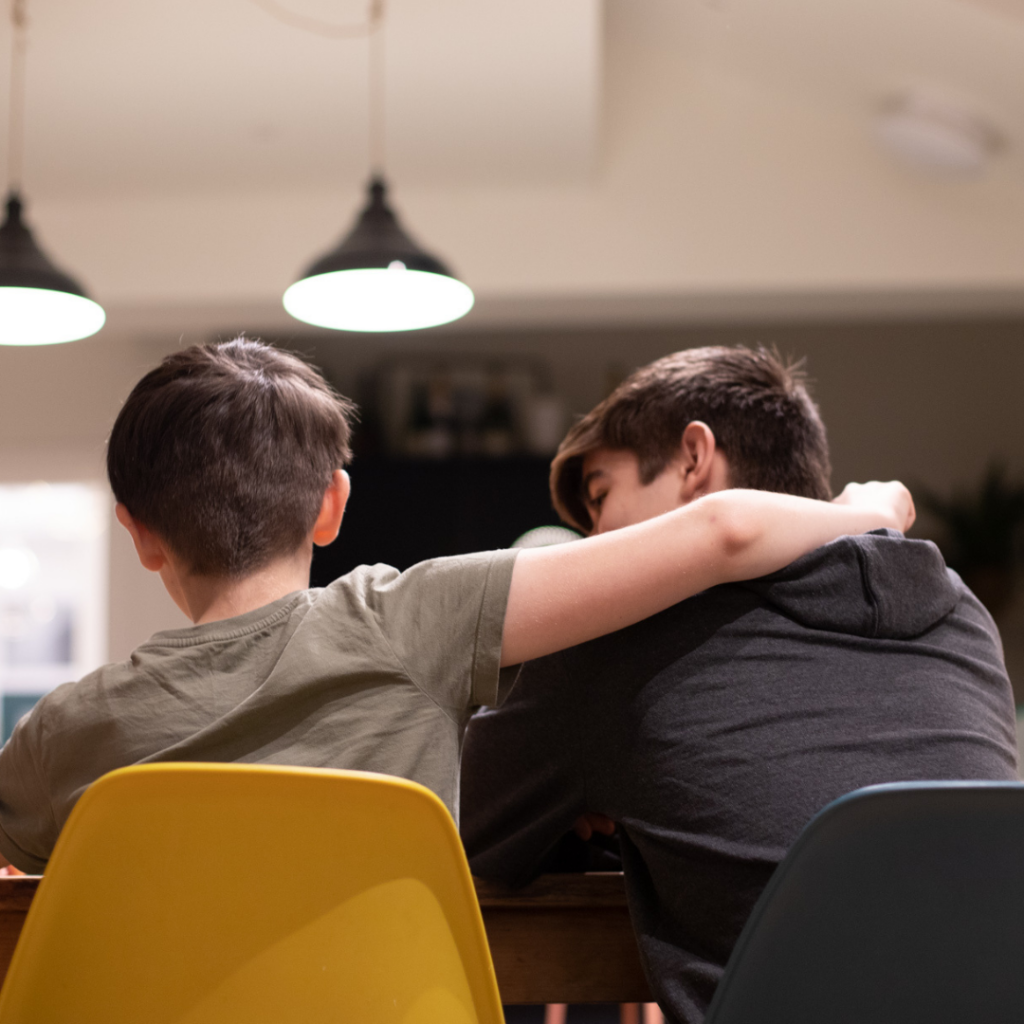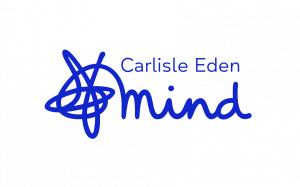I go supermarket shopping in Carlisle, I don’t carry cash, except for a pound coin for the trolley. As I retrieved the coin, after buying what the family needed, a person behind me opened up their hand to me, showing some silver coins. They looked at me, asking if we could swop so they could get a trolley. I smiled and declined. Was I unkind or was I reasonably looking after myself ? Is Kindness: A self-inflicted wound at Christmas ?
How kind are you ?

- Do you use “just giving websites and subscribe to good causes ?
- Have you joined and are active in a local committee where you live ?
- Do you give blood or have an organ donor card ?
If kindness was a continuum from “mildly kind” to “super strength kind” where are you ?
- Do you help family and friends without being asked?
- Do you focus on the success of your work team as much or more than your individual success?
If kindness was a continuum from “mildly kind” to “super strength kind” where are you ?
- Do you help family and friends without being asked?
- Do you focus on the success of your work team as much or more than your individual success?
- If you won the lottery of 100K, would you give it all away ?
Imagine that you are in the supermarket and you notice a food donation bin, what do you do ? Feel pity for those less fortunate but feel at “least I am OK” and then walk on by ? Just think honestly right now: are you just a little bit: “a selfish wolf in a kindness sheep’s clothing” ?
- Do you get pleasure showing off your new car or house ?
- Is impressing others really important to you ?
- Do you like the sound of clapping after you have sung a karaoke song in the pub ?
- Would you make friends with someone who demands your time but is lonely ?
- Have you ever have a heated argument but secretly let the person win ?
Does kindness take second place when you are engaged in competitive situations ?
- A job interview: Would you helping others with potential questions ?
- Achieving promotion: Would you encouraging others to go for it, knowing there chance of succeeding for yourself ?
- Playing football: Would passing the ball, so another can score a goal ?
- Team trivia quiz: Would you hold back from the right answer so as not to appear to know it all ?
Is kindness only really important for you when it is done in view of others ?
- Running to fundraise for a local charity and posting pictures of you looking extremely exhausted.
- Telling friends that you have been shopping for your neighbour because they .have not been physically well.
At Christmas, there is an enormous social pressure to be “extra kind”. To friends and family but also to people you know are going to struggle at Christmas. Do you find as Christmas is approaching, time shrinks away to nothing, so finding the right gift can feel overwhelming ?
The weeks that surround Christmas day is when 40% of retailers make their money: it’s called the “golden quarter”. The average spending per person during the Christmas period in 2023 is expected to be around £745 in the North West. A significant proportion are Christmas presents. Traditionally, giving a present to someone came “with no strings attached”. But today, being given a present by someone close or special, we feel the unpleasant pressure of “gift exchange”. Gift-giving can cause stress. It’s a task performance: you feel obliged to impress the other person. People often give presents that reflect their own motivation rather than the preferences of the present receiver. Is that being kind ?
Christmas shopping can be a really stressful part of the festive preparations. The pressure of shopping, can make Christmas a stressful time. Shops are busier than ever. Costs are going up. A lot of people use their credit card. Almost half of the UK’s workforce are planning to finance Christmas with some debt this year.
We like to be kind by cooking a big, complex meal for our extended family on Christmas day. Four in ten of us find our stress levels peaking as early as 9.30 am, getting those cooking timings “just right”. By 11 am, those timings start to go wrong and there is no way back. Research by Unilever revealed 4.2 million Christmas are wasted and thrown in the bin. That’s the equivalent of 263,000 turkeys, 2 million Brussels sprouts and 11.3 million roast potatoes.
Kindness in one sense is doing something, which disadvantages you personally. Is this a subtle form of a self-infliction wound ? Think of kindness like a kindness tank inside of you, that slowly drains away as you give your time or help. If the tank runs dry, does that mean you are now truly selfless but your “self” has been neglected ?
When your kindness tank runs dry, there is a significant risk of stress changing to burn out. Burnout is the end result of a long and slow process: working harder and harder, putting your own needs last. As a consequence, you feel miserable, alone, blocking out that misery, leading to cynicism, frustration and feelings of inner emptiness. Burnout is associated with high levels of compassion and concern for others. Christmas is a vulnerable time. You are likely to be a person with high ideals, willing to sacrifice yourself in order to help others. “Burning bright” and “burning out” are two potential consequences. Gifted, idealistic, self-sacrificial people are most susceptible to burnout.
There is an even stronger tendency to burnout among those in the caring professions. This can be traced to the way in which the strengths of people who enter the caring professions and do well in them can cover kindness weaknesses, which leads them to eventually burn out. The balance between a detached professional and a caring human being is a difficult one. Many who have become too involved, find the pain and sorrow too much to bear. The kindness tank remains empty. This is when `depersonalisation” takes over. They live their life in the absence of feelings, instead, they feel dead inside. Burn out in a highly motivated person in the caring profession, is when they become disillusioned, feeling torn between what is expected of them by the organisation in which they work and the people for whom they care for.
During Christmas time, It is not unusual to feel tired at the end of the day, but what if you’re feeling exhausted all the time, day after day ? Burnout is not same thing as stress: it is the endpoint of you not coping with stress. Experiencing too much stress for too long, leaves us feeling not just overloaded, but disengaged, apathetic and cynical. The warning signs are: physical, mental exhaustion and fatigue after minimal effort, sleep disturbance. An inability to relax or recover after rest, relaxation or entertainment.
Brownout is the stage before burnout. When we have felt stressed for some time, your energy goes. It is beginning to take its toll on you physically and emotionally. You may have lost your enthusiasm for Christmas. Think of burnout and good wellbeing being as opposite ends of a sliding scale. Brownout is very near the burnout end, but not quite there.
“I think burnout is a process, a continuum that you can move up and down. Looking back, I wonder if I was truly burnt out or rather browned out, but I was displaying a lot of signs for quite a while and I reckon I came pretty near to burnout”.
Consider stopping the unhelpful things which have caused “kindness burnout”. Uppermost will be the need to stop overdoing kindness, to ease back putting others first. Any burnout may have resulted from “over kindness” may be driven by your underlying, inner attitude to kindness. These kindness needs may need to change. For example, are my acts of kindness at Christmas, in reality a self-inflicting wound ? For some, the experience of realising they are in “kindness burnout” is so upsetting they could feel life is less meaningful. There is a link between burnout and depression. When we feel kindness burnout, it is usually accompanied by an overwhelming sense of personal failure. Stop doing so much – indeed, stop being afraid of doing nothing. Use your “giftings” in a more measured way that will make you more grateful when it comes to the end of your life and you look back. This is the value of stopping. I will develop this theme shortly.
Heal the wound: be kind to yourself.
Being kind to others makes you feel good. But it does not mean you are kind to yourself. You could have promised a friend to help them but it failed in spite of your best effort. The result is that you felt a failure. There is difference between being kind and being weak, unable to say no to someone. Acting kindly on a consistent or regular basis, will mean you are on occasions, ignored, taken advantage of. There is a risk of being exposed to cruel people who are manipulative, rude or lazy. Say no with firm politeness. Over time, people will gradually begin to recognise you for the responsible and compassionate force for good you really are. I urge you to watch the film “It’s a wonderful life” this Christmas. It reduces me to tears every Christmas.
It’s a Wonderful Life is a 1946 American Christmas film by Frank Capra. It is based on the short story “The Greatest Gift” published by Philip Van Doren Stern in 1943, which itself is loosely based on the 1843 Charles Dickens novella A Christmas Carol. The film stars James Stewart as George Bailey, a man who has given up his personal dreams in order to be kind to others in his community and whose thoughts of suicide on Christmas Eve bring about the intervention of his guardian angel, Clarence Odbody (Henry Travers). Clarence shows George all the lives he touched and what the world would be like if he did not exist. Clarence is shown “kindness flashbacks” of George’s life.
- 12-year-old George rescues his younger brother Harry from drowning, leaving George deaf in his left ear.
- George later prevents the pharmacist, Mr. Gower, from accidentally poisoning a customer’s prescription but incurs a blow to his left ear causing bleeding.
- George plans a world tour before college. When his father dies suddenly, George postpones his travel to settle the family business, Bailey Brothers Building and Loan. This is a “kindness” community bank that helps those who are socially deprived in the town.
- George and Mary rekindle their relationship and marry. They witness a run on the bank and use their honeymoon savings to keep the Building and Loan solvent.
- On Christmas Eve, George’s Uncle Billy loses the business’s $8,000 while intending to deposit it in the bank.
- When the bank examiner discovers the shortage later that night, George realises that he will be held responsible and sent to jail and the company will collapse.
Thinking of his wife, Mary, their four children, and others he loves will be better off with him dead, so he decides to take his life. His guardian angel Clarence prevents George from jumping off a bridge by showing George what things would have been like if he had never been born. George returns back home to his family. There the town’s people who had savings in the bank, arrive as well, giving George enough money to keep the bank solvent.
Here are a couple tips for you (and George):
Work on finding three good things you do each day: Thinking about at least three good things will become a quick, daily habit. Just as your brain has “kindness muscles” it also has gratitude and self-appreciation muscles. The more you flex them by expressing gratitude for yourself, the more you move towards a positive outlook.
Be enough: Self-depreciation is an act of severe unkindness towards yourself. It tends to appear when you hold the belief that you are incomplete or not good enough. The only way to find completeness is outside of yourself in other people. Do you remember the song “Never Enough” from the film the greatest showman ? Was it not an anthem for an unhappy life : a burning feeling of incompleteness, without success and having more and more ? The lead character manages to escape this “never enough” attitude, just in time to save his own chances of happiness.
Try watching the greatest showman as well this Christmas whilst thinking about – Kindness: A self-inflicted wound ?
Written By Chris Graeme – View employees own

















